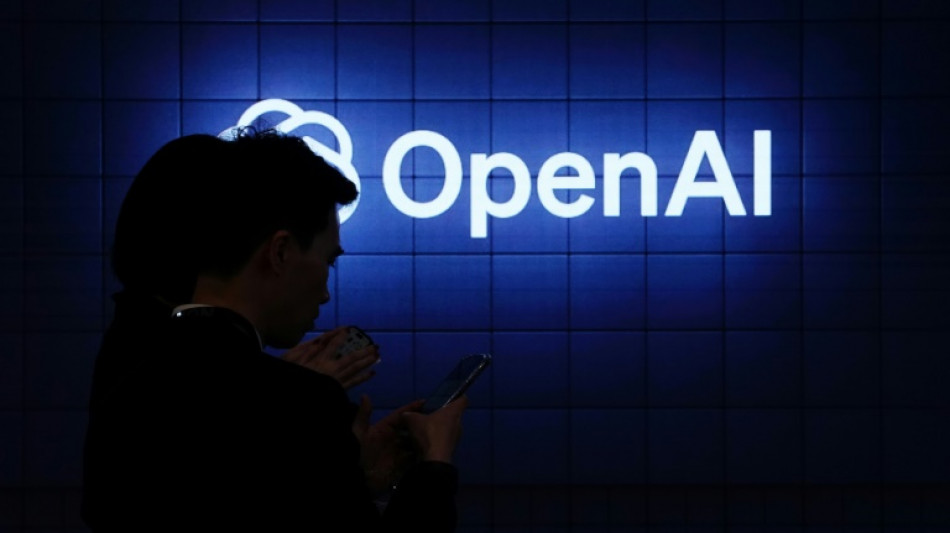

From Messi to Trump, AI action figures are the rage
The latest internet obsession is one impossible to escape on social media: images of well-known figures in plastic toy packaging alongside evocative props... welcome to the meme of AI action figures.
The figurines aren't real, but thanks to ChatGPT's new image generator they look genuine, and they are flooding platforms from TikTok to LinkedIn.
There, you'll see a "toy" image of football star Lionel Messi alongside a ball and trophies, or a caricature of US President Donald Trump alongside a MAGA cap and a sign reading tariffs.
Some celebrities have done versions of themselves. For instance, actor Brooke Shields posted a doll version of herself with a miniature dog and needlepoint kit to her 2.5 million Instagram followers.
Many ordinary users have done likewise, posting packaged images of them as figurines -- after inputting photos of themselves into ChatGPT's image generator.
While pervasive, and in most cases fun, the trend raises questions about copyright, and potential risks in handing biometric data over to a generative-AI company.
ChatGPT does the rendering for free, but requires users to sign up to the imaging platform used, adding to OpenAI's renown as leader in consumer uses of artificial intelligence -- and also for sucking up massive amounts of user data.
Anais Loubere, an expert on social media and founder of the agency Digital Pipelettes, said the boom was riding on a "technological breakthrough" in AI image rendering.
Before the action figure meme, AI artwork inspired by famed Japanese animation outfit Studio Ghibli -- maker of Oscar-winning "Spirited Away" -- flooded the internet at the end of March, posted by users subscribed to OpenAI's paid service.
Ahlem Abidi-Barthe, an online marketing professor, told AFP that the key to the success of the trends was that "they can be in personalised formats".
"That tickles the egos of consumers," she said.
The Ghibli and action-figure memes also tapped into childhood nostalgia, "which contributes to extreme virality".
OpenAI's boss Sam Altman boasted that the company picked up a million new users "in the last hour" the moment its imaging service became free.
ChatGPT in March became the most downloaded app in the world, overtaking TikTok and Instagram, according to data analysis firm Appfigures.
- Copyright issues -
But human artists are protesting the AI copying of their works with no payment nor credit. OpenAI, for example, had no licence from Studio Ghibli.
Several generative AI companies, OpenAI among them, are being sued for copyright infringement in the United States, but to date no judgment has been made.
The AI companies insist they are abiding by relevant laws but refuse to divulge what works have been ingested in their training libraries.
"Behind the magic" there are also "environmental costs", as French astronaut Thomas Pesquet has pointed out.
Each ChatGPT prompt for text output uses 2.9 Wh of electricity, or 10 times what a Google search uses, according to the International Energy Agency. And image generation requires more.
Then there is the risk posed by users uploading photos of themselves, and perhaps of people close to them, or acquaintances, as well as other personal data.
"When people upload selfies or prompts to these AI generators, they're essentially handing over personal data to companies with unclear intentions. Your image is data, and data has value," said Joe Davies, a tech expert at the British SEO agency Fatjoe.
The AI action figure meme will certainly fizzle out, predicted Loubere.
"These trends aren't meant to last. By the time you see the 50th AI action figure on LinkedIn or Insta, you know it's saturated," she said.
A.Pena--GM



